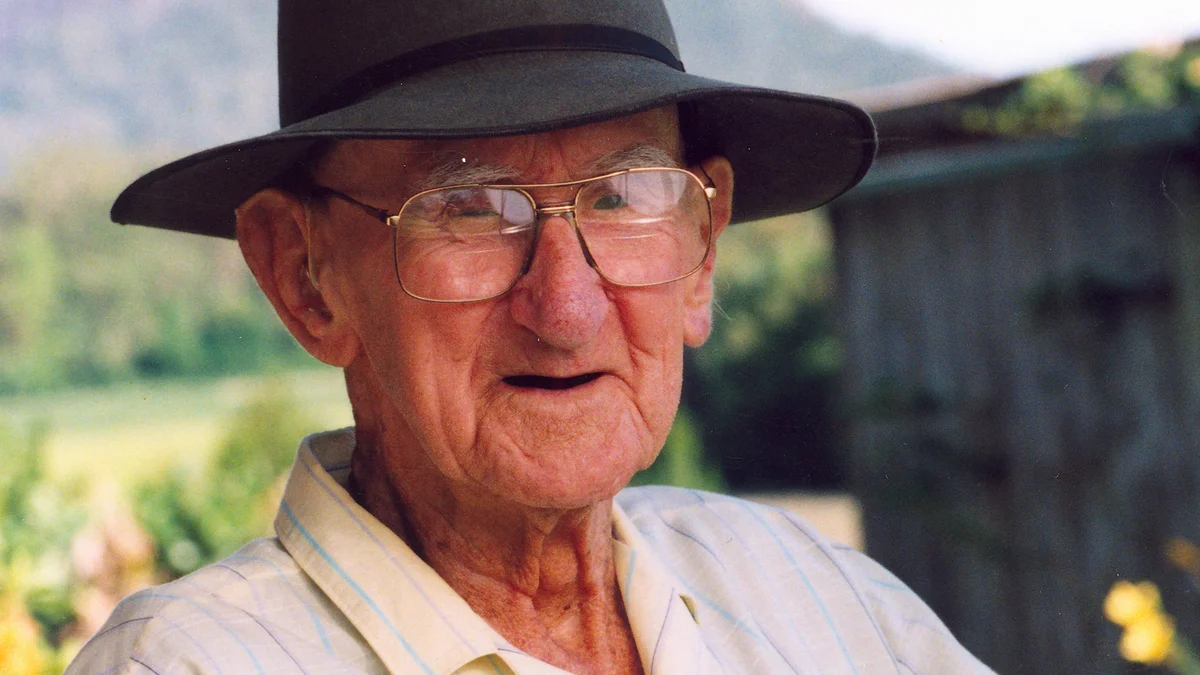John Ferris oral history
John, who in his own words, “was born with a bull-whip in my hand”. He grew up in an area known as Pointon’s Pocket. His father was a Bullock Driver and he also became a Bullocky at an early age
Interview with: John Charles Ferris
Date of Interview: 22 May 1987
Interviewer: Amanda Wilson
Transcriber: Felicity Nappa
John Ferris, who in his own words, "was born with a bull-whip in my hand". Mr Ferris grew up in an area known as Pointon’s Pocket, situated between Woodford and Peachester. His father was a Bullock Driver and he also became a Bullocky at an early age.
Born: 1901 at Roma
Educated at Commissioner’s Flat School (Peachester)
Married: 1925 at Red Hill, Brisbane
Children: Five
Access the John Ferris oral history audio files and transcript on Sunshine Coast Life.
Images and documents of the Ferris Family in the Sunshine Coast Libraries Catalogue.
